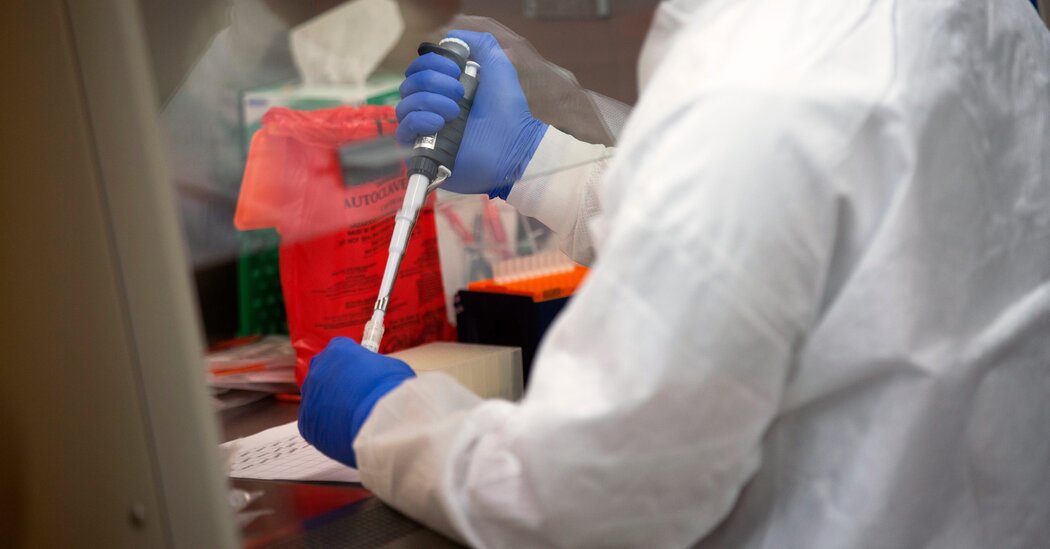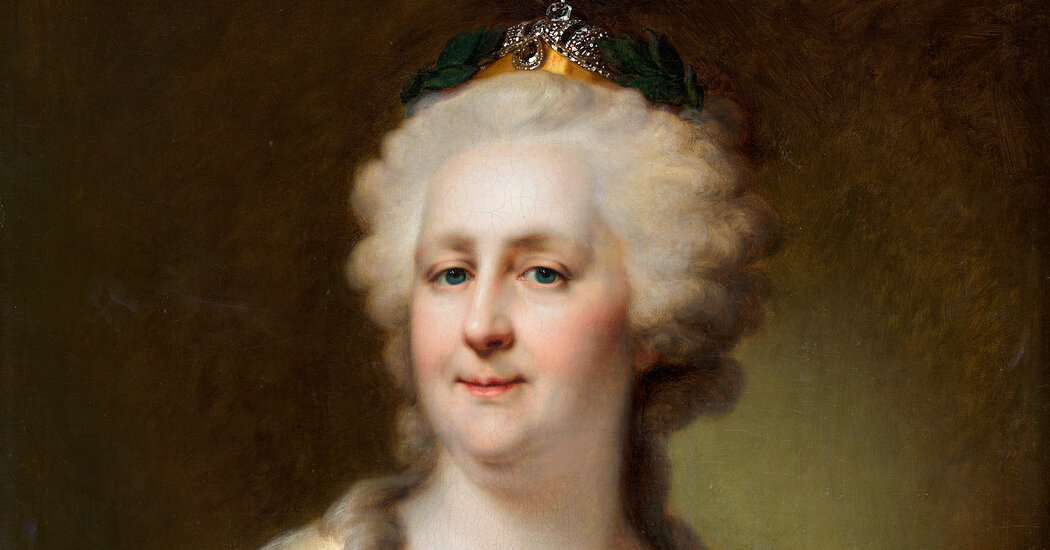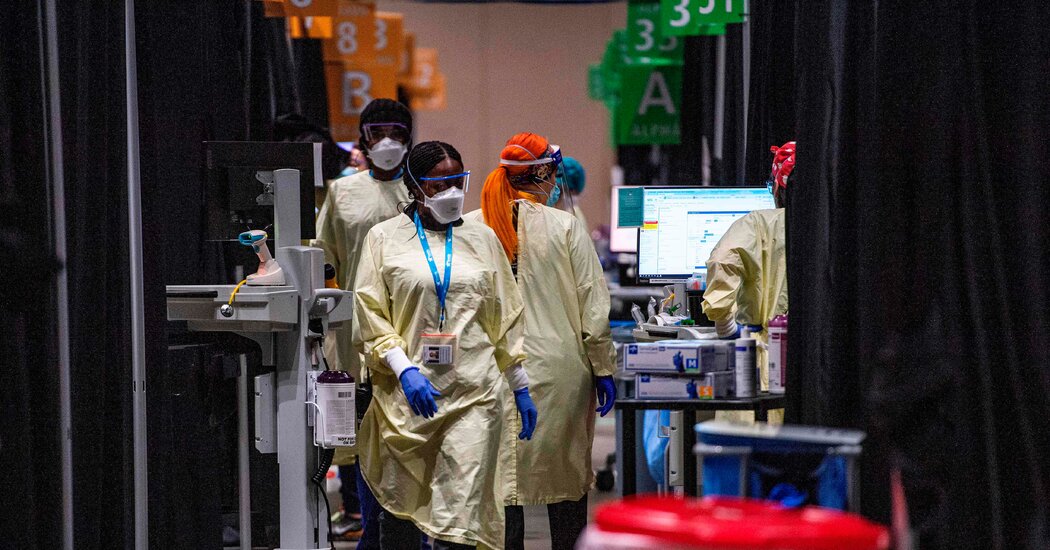Jury Awards $450,000 to Man Fired Over Unwanted Office Birthday Party
The man asked a manager not to have a party because he had an anxiety disorder. What followed spiraled into a legal dispute over whether the man had a panic attack or a violent outburst.A Kentucky man who was fired days after he had a panic attack at his workplace over an unwanted birthday party was awarded $450,000 by a jury last month for lost wages and emotional distress.The man, Kevin Berling, had been working at a medical laboratory, Gravity Diagnostics in Covington, Ky., for about 10 months when he asked the office manager not to throw him a birthday party because he had an anxiety disorder, according to a lawsuit filed in Kentucky’s Kenton County Circuit Court.Mr. Berling’s lawyer, Tony Bucher, said the party had been planned by other employees while the office manager was away and that the situation had quickly spiraled out of control.Mr. Berling had a panic attack after he learned about the planned lunchtime celebration, which was to have included birthday wishes from colleagues and a banner decorating the break room. Mr. Berling chose to spend his lunch break in his car instead.The next day, Mr. Berling had a panic attack in a meeting with two supervisors who confronted him about his “somber behavior,” Mr. Bucher said. He was fired three days later in an email that suggested that Mr. Berling posed a threat to his co-workers’ safety.In a court filing, the company said it had fired Mr. Berling because he was “violent” in the meeting and had scared the supervisors, who sent him home for the day, took his key fob and told security personnel that he was not allowed to return.A month after the meeting, in September 2019, Mr. Berling sued the company for disability discrimination.After a two-day trial, a jury reached a verdict on March 31, concluding that Mr. Berling had experienced an adverse employment action because of a disability. Jurors awarded him $150,000 in lost wages and benefits and $300,000 for suffering, embarrassment and loss of self-esteem.The judge in the case has not yet entered a judgment regarding the verdict, which was reported by LINK nky, a local news website.John Maley, a lawyer for Gravity Diagnostics, said on Saturday that the company would file post-trial motions challenging the verdict on legal grounds and asserting that one juror had violated court orders about obtaining information outside the trial.Mr. Maley said that the case had not met the standard for a disability claim because Mr. Berling had never disclosed his anxiety disorder to the company and had not met the legal threshold to qualify as having a disability.Mr. Maley said that the company had the right to fire Mr. Berling — a lab technician whose employment status was at-will, meaning he could be fired for any legal reason — because he had clenched his fists, his face had turned red and he had ordered his supervisors to be quiet in the meeting, scaring them.“They were absolutely in fear of physical harm during that moment,” Julie Brazil, the founder and chief operating officer of Gravity Diagnostics, said on Saturday. “They both are still shaken about it today.”Mr. Bucher said that the reaction the company had described was Mr. Berling’s effort to calm himself during a panic attack after one of the supervisors had criticized his reaction to the party.Mr. Berling asked them to stop talking and used physical coping techniques, including a move that Mr. Bucher described as having his fists closed but “up around his chest, sort of closed in, almost hugging himself.”Mr. Berling was sent home for the rest of the workday and for the next day. At home a couple of hours after the meeting, he texted one of the supervisors to apologize for his panic attack, according to the complaint.Before that week, Mr. Bucher said, Mr. Berling had received “outstanding” monthly reviews. The company said that he had never received a negative review, nor had he been disciplined, according to court documents.Mr. Berling is happy in his new job at a school, Mr. Bucher said, and though his panic attacks increased in frequency after that week in 2019, they have gradually diminished.Anxiety disorders are the most common mental health disorder in the United States, and they affect an estimated 40 million adults in the country each year, according to the Anxiety and Depression Association of America.Bisma Anwar, a mental health counselor for the therapy app Talkspace, said in an email that it was a good idea for people who experience anxiety disorders and panic attacks to discuss those issues with a supervisor at work who could be a source of support when the employee is struggling.Ms. Anwar said anxiety on the job could be a result of workload as well as social pressures.“Social anxiety can also get triggered in the workplace when interacting with managers and co-workers becomes expected,” Ms. Anwar said. “If an employee is uncomfortable and feels anxious by having a birthday party in their honor or taking part in a celebration for others, then they should be allowed to opt out from it.”
Read more →



